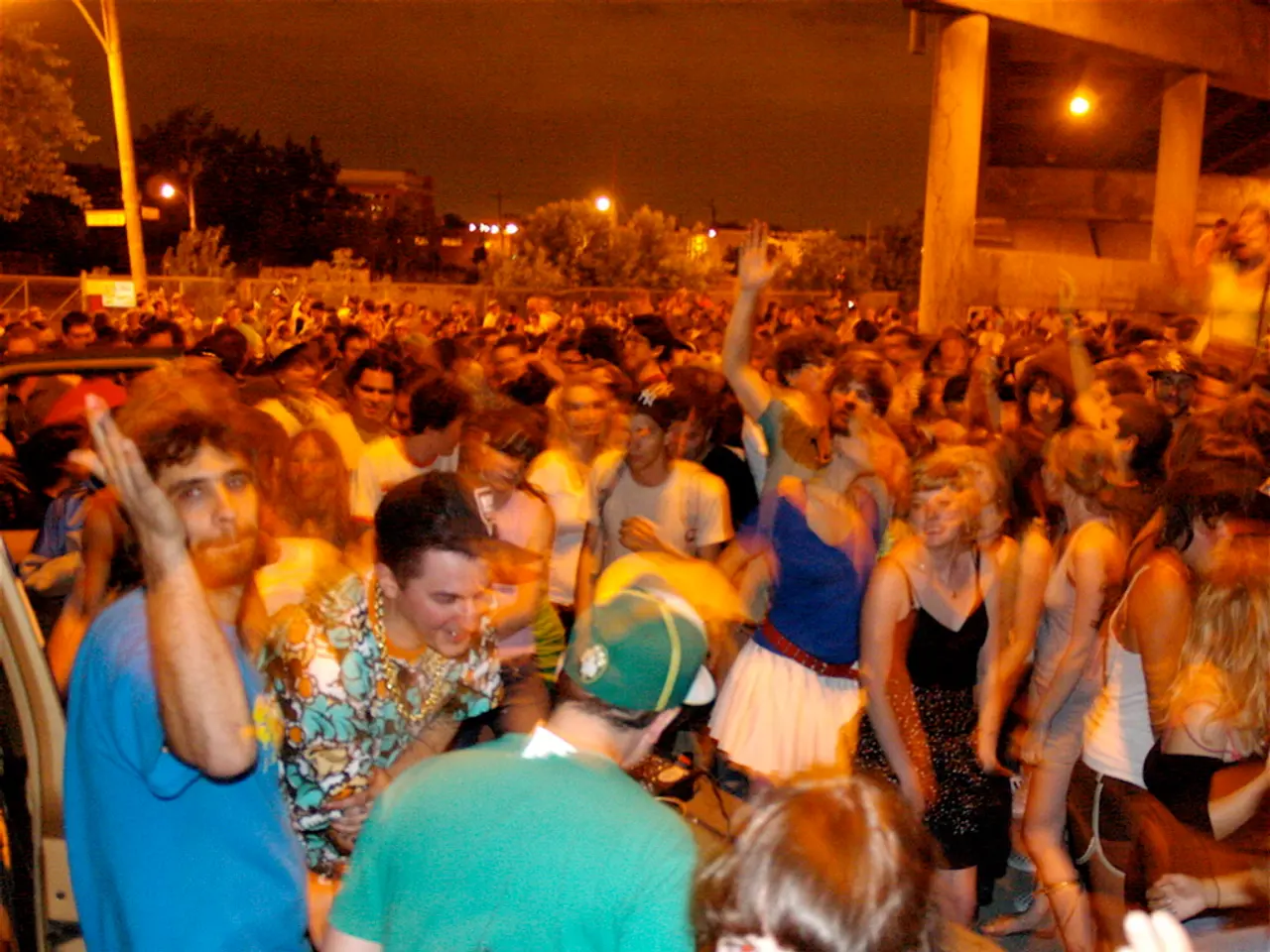Dancing is prohibited on Good Friday in Karlsruhe city
In a recent decision announced by the Third Chamber of the First Senate on Tuesday, the Federal Constitutional Court in Germany has upheld the ban on dancing on Maundy Thursday and Good Friday. The decision comes after a discotheque operator in Göttingen challenged the ban, having been fined for holding a dance event on Maundy Thursday night.
The Regional Court of Göttingen had stayed the proceedings and referred the question of the ban's constitutionality to the Federal Constitutional Court. However, the referral was deemed inadmissible by the court due to insufficient reasoning.
In the "Good Friday Decision" of 2016, the Federal Constitutional Court confirmed the special quietness protection of Good Friday. The court criticized the Regional Court for not engaging sufficiently with this decision. For the affected discotheque, this means that the imposed fine basically stands.
The Regional Court had doubts about the ban's compatibility with the negative freedom of religion, the freedom to practice a profession, the general principle of equality, and the state neutrality principle. However, the Federal Constitutional Court did not find these concerns valid. Blanket dance bans are not objectionable from a constitutional law perspective regarding economic interests and general leisure activities, as long as they only restrict economic and leisure interests.
The court stated that dance bans may be objectionable if an event is an expression of freedom of belief or assembly. The Constitutional Court of Lower Saxony dismissed concerns about the constitutionality of dance bans on Easter Sunday and Easter Monday, stating that these restrictions are justified to protect the religious significance of these days. Dance bans serve to ensure the outward framework of quiet holidays without prescribing a particular inner attitude.
Notably, the Federal Constitutional Court did not examine the possibility of a constitutionally compliant interpretation of exceptions in the case. The decision is final, and the Lower Saxony Public Holidays Act remains unchanged, meaning the ban remains in force.
This decision reinforces the long-standing tradition of quiet holidays in Germany, particularly on Maundy Thursday and Good Friday. It is a reminder of the balance between individual freedoms and the preservation of cultural and religious traditions.
Read also:
- visionary women of WearCheck spearheading technological advancements and catalyzing transformations
- Nursing home, St. Luke's, bids farewell to Beate Kalowsky after 34 years of service.
- California Senator Kamala Harris announces she will not seek the governorship in 2026, instead hinting at future professional ventures.
- Surprise in the restroom: Rodents emerging from the toilet bowl - "Preventive Measures"








